Northgate Vehicle Hire has revealed the three most common challenges fleets are having to deal with when starting to electrify light commercial fleets.
Surveying more than 60 van operators, who attended Northgate’s EV open days at its Cannock and Snodland branches, the message was that they still need lots of basic education.
Operators admitted that understanding more about how electric vehicles (EVs) work, their range, costs, performance and drivability, when compared with a diesel, was their number one challenge.
The second challenge was knowing where to start with workplace and employee home charging to optimise their vehicles and drivers, mainly because of a lack of data.
Number three was coming to terms with the different vehicle charger types available including AC and DC, vehicle charging speeds and driver reimbursement for home charging.
The EV roadshows were launched as part of Northgate’s Drive to Zero commitment to help fleets develop and deliver a strategy to move from diesel to electric.
Operators get to drive a range of electric vans, put their fleet through the EV suitability test as well as understand how driver training powers successful EV adoption.
Following the first two roadshows, Northgate has seen multiple fleets sign up its EV bundle to rent an electric LCV and 7kW charger for a single monthly payment on its 12 months-plus contract.
This includes instalment of the charger, which is supplied and fitted by Redde Northgate Group’s business, ChargedEV, and a charging app which allows drivers to access scheduled charging and optimise cheaper tariff hours.
“The EV bundle gets operators up and running with everything they need to start their initial trial,” explained Neil McCrossan, Northgate’s sales and marketing director.
“We are agnostic as to which LCV brands and charger types they choose as it’s all about us finding the best options for our customers.
“We can introduce customers to fleets who are further along their journey to Net Zero and help them gather the data necessary to support decision making.
“Our rental proposition is also proving flexible in getting fleets into different vehicle types without them having to lock into long term funding,” added McCrossan.

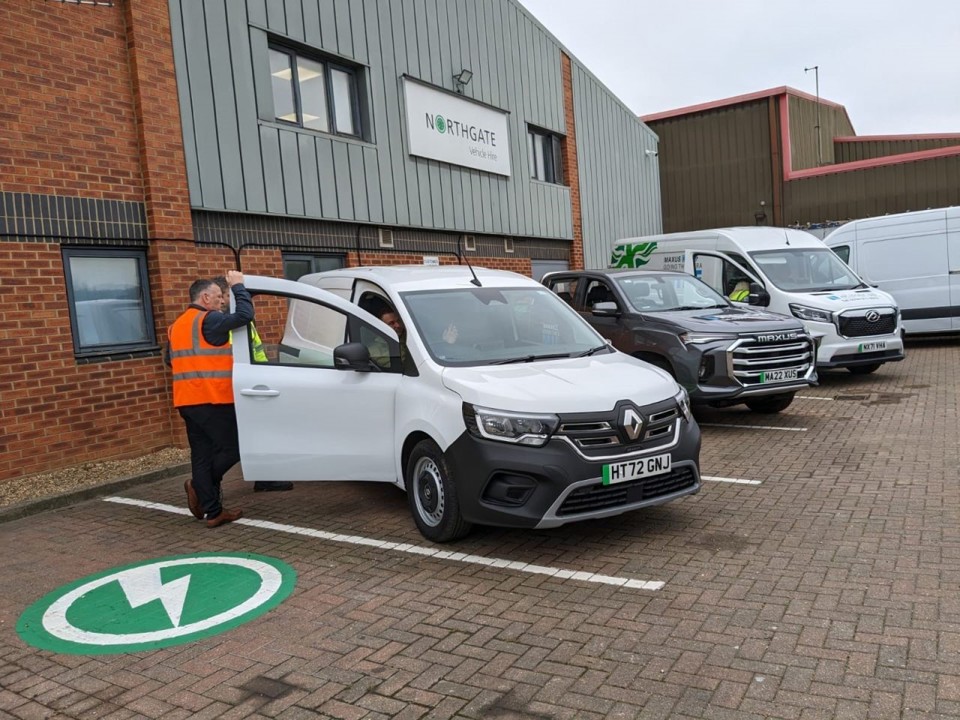




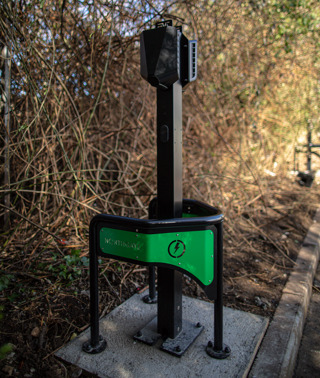
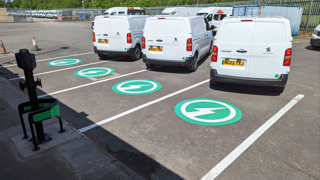
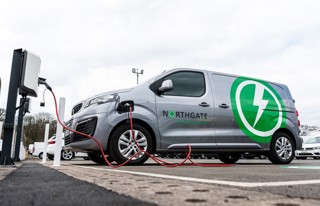

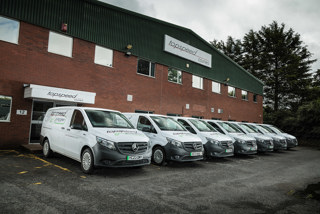












Login to comment
Comments
No comments have been made yet.